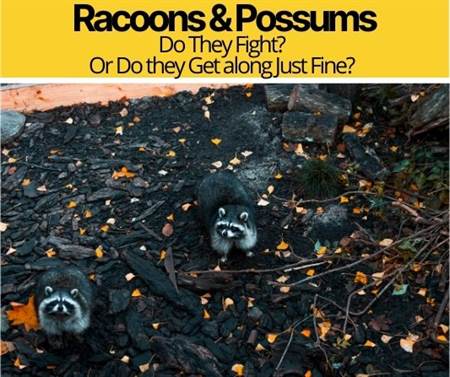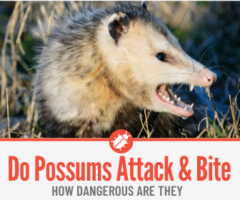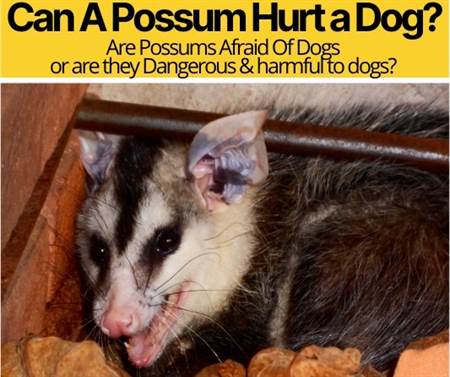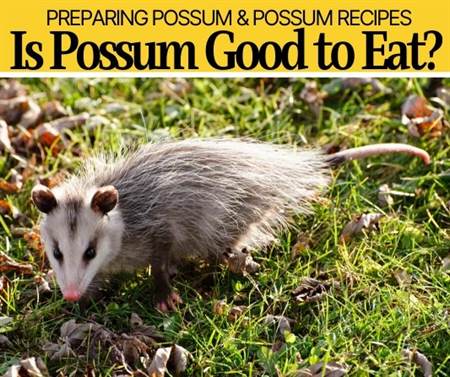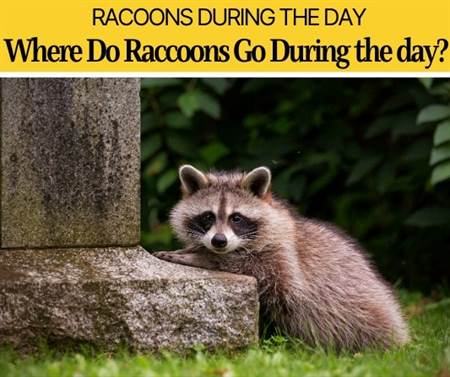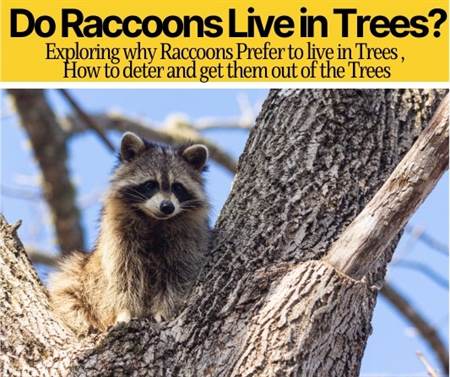 Possums are often thought of as cute creatures but if they get into your home ,possums can be a real problem.
Possums are often thought of as cute creatures but if they get into your home ,possums can be a real problem.
In this article, we will see how Possums get into homes, what attracts them to your house, and see where most likely they would try to hide in your house.
More importantly, we will also see how can we get them out safely and humanely from your house.
How Do Possums Get Into Your House?
Possums (opossums) can get into your house through any opening whether that be an open door, an open window, or even a doggie-door. They are small woodland-dwelling marsupials and so the closer that your home is to a woodland area, the more likely you are to have possums invading your home.
Possums will look for any gap and will probably nest in a warm place, and due to their small size, they can get into any gap.
How do you know that you have a possum in the home
There are some key signs to look out for with a possum and it’s important to identify them correctly as the process for capturing them will be quite different than if this was another small rodent in your home. The most common signs are loud scratching noises, vocalizations, and unpleasant smells.

Most Common Places where A Possum Might Get in to your House.
Possums can get in to almost any part of your house, Let’s see which are the most common hiding places for possums , how do they get there & Most importantly how to get them out from your House.
Possums In Roof & Attic –How do they Get in?
Possums are great climbers and therefore any house near trees or woodland areas is likely to have some possum traffic. Possums will enter an attic through almost any entry point. As these creatures are tree-dwelling creatures, if the attic is close to trees or woods then the chance of having a possum in your attic is more likely.
Attics and roofs are warm and dry places and therefore make a perfect refuge for these small creatures.
Possums that are living in attics can cause a lot of problems, for example, the spread of pathogens and parasites, damage to insulation and wiring, a strong odour particularly if the possum unfortunately dies, noise when crawling around the attic, large droppings which can, in turn, cause an odor.
Possums can be quite dangerous if not removed from the home because they can not only spread disease but may eat through vital household protections such as wire casing.
Read our Full guide here about : Do Possums attack and bite
In order to remove a possum, it is best to get a professional involved, as they can advise you on the best method for your particular possum problem. Before calling the professional it is worth establishing whether you do in fact have a possum in the attic space.
There are a number of tell-tale signs that can help you identify whether you have a possum problem, for example, possums tend to leave behind a strong smell as they defecate more frequently than other animals, possums tend to visit attics in the spring or the winter and so if you hear loud noises in the night during these times of year then you may have a possum in the house.
The first humane method to use to get rid of possums is manual removal (this will definitely need to be done by a professional), this can be quite a lengthy process and requires a lot of observation to make sure that all the possums are caught.
Most possums tend to live in quite large groups but they do tend to scatter and so dependent on the size of the attic they can be hard to find. This can be a very expensive option and so may not be the most suitable.
The second method is to apply a one-way funnel, firstly you will need to identify the gap or gaps through which the possum is entering the home and then close this off using a piece of wood or a piece of plastic, you need to attract the possums out of the house and then close off the entrance to your attic/roof.
It is important to ensure that all of the possums are out before closing off the escape route because if a possum gets stuck in the attic it may die in the space leaving a terrible smell.
Also read:Is Possum Good to Eat & Possum Recipes!
Possums Under Sheds –How do they Get in?
Possums can get under sheds as they are quite small creatures and so can crawl into any gap created by a shed being placed on an uneven surface. Possums like to burrow and so can dig a space large enough to get under a shed but often they don’t need to.
Read more: Animals that Dig Holes
Possums are scavengers and they will eat almost anything including garbage and food left on compost heaps. Sheds are often used as storage for household waste and gardening materials, the perfect attraction for possums.
Sheds provide a perfect hiding place for possums and so they will often be found underneath sheds and decks unless preventative measures are taken. You can close off the gap under the shed by putting a mesh guard from the bottom of the shed to the ground, this will then prevent the possums from being able to crawl into the gap under the shed.
Again, it is best to consult a professional who will be able to trap the possum and then return it to its natural habitat. Possums are exceptionally easy to catch in baited traps as they will eat almost anything and as they are scavengers and they are always on the lookout for food.
The only way to catch and get rid of a possum is to use a humane trap, there are many false products on the market which claim to act as possum repellents, these do not work in practice and are likely to be a waste of money.
Many people don’t realise that they have a possum under their shed until it creates damage to the bottom of the shed, rendering the structure redundant. Sheds can be expensive to replace so it is always worth checking that no possums are living under the shed and of course it is always worth taking preventative measures to stop possums being attracted in the first place.
Possums In Garage – How do they Get in?
Possums can get into garages usually when the doors are left open, garages are full of gaps and spaces; these are the perfect places for possums to hide. In order to get rid of a possum from a garage it is probably best to use the humane baited trap method as discussed above.
Possums under a Deck –How do they Get under it?
Possums will get under the deck if there are any gaps or holes. Decks, given the fact that they are usually raised usually have a large crawl space underneath which is a perfect place for a possum to burrow down.
Possums can be removed by setting baited traps and ensuring that entrance to the space is closed off once again. If you loosely close the opening with netting, straw or other fibrous material then this will stop any new possums entering the space but will also allow others to leave the space if they want to.
Once you’re sure that all of the possums have left, you can usually assume that they are gone if you have not heard anything for two to three days.
How to get rid of a possum from your house
Possums are generally not aggressive, they may hiss and foam at the mouth but this is a defense mechanism in order to protect themselves against predators. Possums can be removed from the home by simply pushing them out with a broom or using a human baited trap.
Possums may sometimes appear dead and may even release a smell from their anal glands which can often smell like decay. The possums are usually not actually dead but this is another of their defense mechanisms, they play dead to prevent being attacked by a larger predator.
When feeling threatened, possums will release a foul-smelling scent from their anal glands which will usually hang around even after they have gone so its best to try and catch a possum before it has a chance to release the odor.
Also Read: Are Possums Afraid Of Dogs?
How to catch a possum in your house
If a possum enters your house through a door or a cat flap, for example, then the best strategy is to close the doors to all the rooms and subsequently coax the possum out of the house either by placing food outside or using a broom.
Possums are not all bad; they can also be very useful as they can be beneficial to the garden eating snails, slugs and even sometimes small rodents. They will even clean up spilled garbage and fruit that has fallen from the trees.

